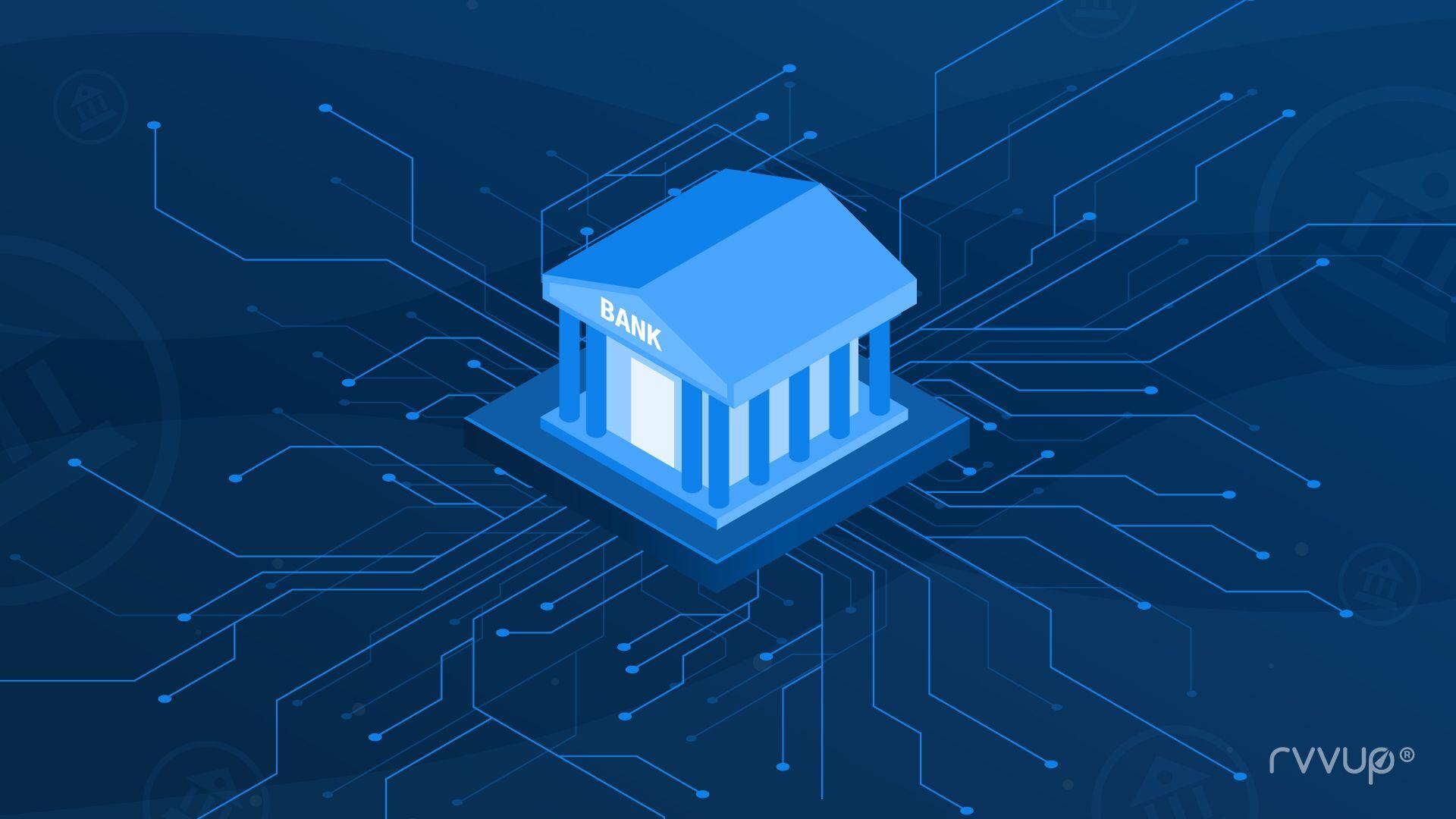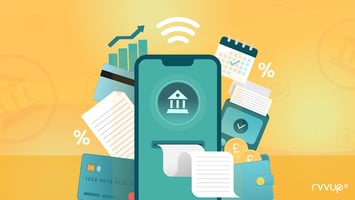What Is Banking as a Service (BaaS)?

Have you ever wondered what Banking as a Service is (BaaS for short)?
Banking as a Service (BaaS) is a business model that allows non-financial companies to provide banking services to their customers through APIs. In other words, BaaS enables businesses that are not traditional banks to offer banking services by partnering with banks that provide the underlying infrastructure and regulatory compliance.
BaaS providers typically offer a range of financial services, such as account opening, payments processing, lending, and investment management, which can be integrated into the partner company's own products or services. This enables the partner company to offer a seamless banking experience to its customers without having to develop the necessary banking infrastructure or obtain banking licenses themselves.
BaaS is becoming increasingly popular as more businesses seek to offer financial services to their customers without the cost and regulatory burden of becoming a licensed bank. It is also seen as a way for banks to reach new customer segments and expand their reach beyond traditional banking channels.
Organisations don’t need banking licenses and yet can still provide their customers with financial products through their own brand. In doing so, the customer is purchasing the financial product from the brand, but the actual product is delivered by a financially regulated organisation and it's only possible to do this today because of the advance of technology.
Examples of BaaS
Banks team up with other businesses that aren’t financially regulated and offer products or services, under the other business’ brands. Many of these services are provided through digital platforms and give consumers better choice, for example, taking out a loan through a furniture retailer, or purchasing jewelry online through a jewelry retailer and bolting on the retailer’s insurance (which comes through a separate third-party provider). Or buying a television on an interest-free loan for 36 months, the loan is accessible to the buyer through the retailer but is underwritten and managed behind the scenes by a third-party. It could also be a consumer taking out a loan to pay for a car on a car sales’ website and so on.
Retailer Credit Cards
There are many other scenarios that involve BaaS. It could be that a retailer offers a credit card that can be used anywhere and not just in their own store – and while the credit card shows the name of the retailer, it actually originates from a third-party financial services provider. It also means that the retailer doesn’t need to apply for their own banking license as that’s taken care of by the third-party financial services provider. Good examples are Tesco’s and Marks & Spencer’s credit cards.
Benefits for Financial Organisations and Businesses Offering Financial Products
For the financial services organisation, it means they reach more customers without great cost. For the business offering the financial product, it allows them to offer their customers more choice and flexibility. Plus, there’s another advantage that’s useful for retailers and that’s the added benefit of offering customers cross-selling opportunities.
In Summary
BaaS brings together financial organisations, digital platforms and businesses providing enhanced products and services. Financial institutions can increase their revenue, for little cost, and businesses can offer their customers even more choice and flexibility, as well as increasing their revenue too, often with good margins. There’s another bonus as well - or financial marketers, tying these three areas together allows them to gain greater insights into consumer behaviour by being able to access and analyze the financial data.



